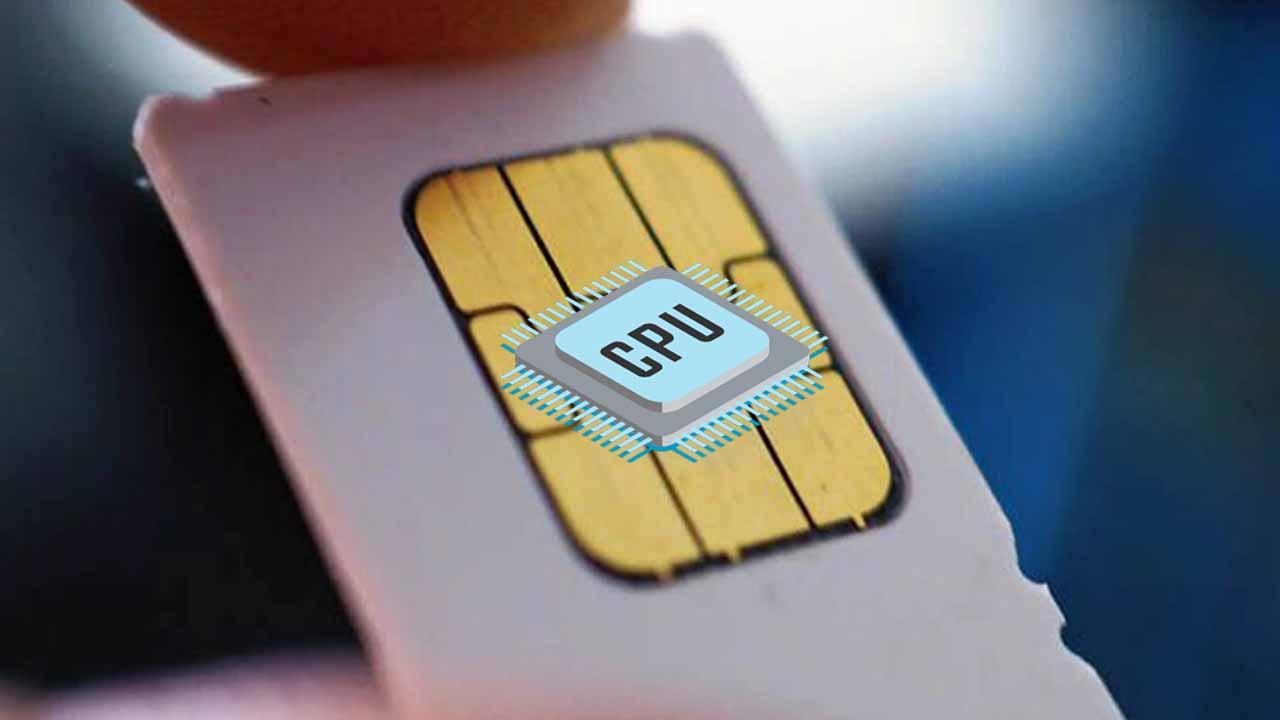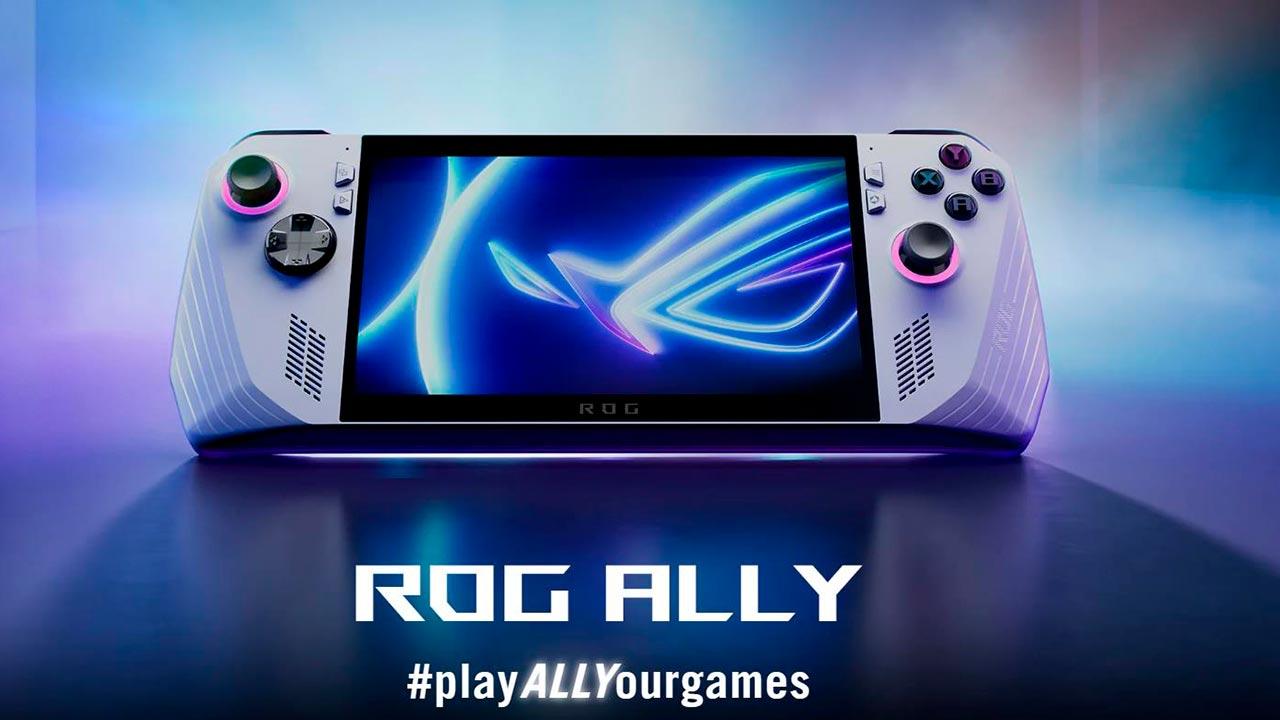Although many smart mobile phones today already use so-called eSIM embedded SIM cards, in fact almost all smartphones still need a SIM card to function. Now the China Mobile company has announced its next “super sim card“, the first in the world to integrate a processor defraud RISC-V Kernel integrated. We tell you everything below.
This super SIM card is actually called CC2560A, and it is a IoT Product which, according to the manufacturer, improves traditional SIM cards in every aspect: more storage, better security algorithms and new functions, such as NFC compatibility. And all thanks to a small single-core processor.
This is what Chinese super SIM cards look like
It was during a conference dedicated to 5G IoT products that the operator China Mobile, the largest in the Asian country, announced the RISC-V super SIM, which integrates a small processor inside. This processor consists of a single RISC-V core that operates at 120 MHz, and thanks to it, the company claims that these SIM cards offer communication speeds up to 10 times faster than standard SIM cards, and more or less twice as fast as standard SIM cards. put an end to SIM cards used in the IoT ecosystem.
The storage capacity is also increased thanks to this processor and reaches 2.5 MB, an amount that may seem small (and it currently is) but which actually multiplies by 10 the capacity of standard models, and is twice as large higher than other “super SIMs”.
SIM cards are needed for many functions, and one of them is to identify devices on the network. This super SIM also incorporates new security and encryption features to make it much harder to intercept communications; well, communications can be intercepted as always, but the security and encryption algorithms will make it harder to interpret the signal and extract data. More security, which is always a good thing.
Unfortunately, you should know that these RISC-V super SIMs will not reach conventional devices in the short term, because in addition to the fact that at the moment it is an exclusive product of China Mobile, it is designed more for the Internet of Things. than for conventional smartphones that users use. However, you should also know that it is the first, and this means that other models will come later that will surely match or improve its characteristics, and of course it is to be expected that other operators will countries are taking up the idea and implementing it. in their products.
Super SIMs, much more powerful and versatile than traditional consumer SIMs, have already become an important product in the IoT field by enabling advanced functions such as multi-network connectivity and automatic failover. To give you an example, they are currently used in devices such as rental motorcycles and scooters, fleet tracking devices (trucks, vans, etc., not boat fleets) and digital billboards, like those in football stadiums.









